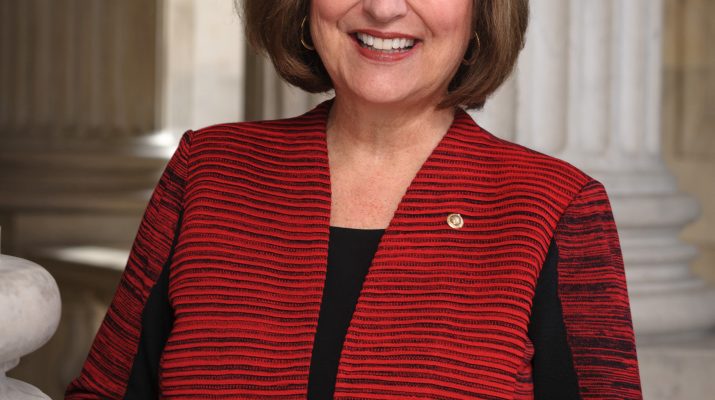Experts are calling it a “child care crisis.” We have too few child care workers, too few child care providers, and too many parents seeking care that can’t be found. Nine counties in Nebraska don’t have a single licensed child care facility. Tuition at child care centers is more expensive than tuition at the University of Nebraska. And the problem, sadly, is only getting worse.
In the Lincoln area alone, three child care centers have closed since November. And a 2023 survey found that over 30 percent of parents with kids five and younger have left the workforce because there wasn’t affordable care for their kids.
This August, I’ve traveled to more than 30 communities across our state and met with dozens of Nebraskans. In conversations about local economies, childhood education, and family life, the child care crisis has reared its head again and again. Alleviating this crisis will take work on every level: family, community, state, and federal. And fortunately, a federal solution is already in the works.
This summer, I introduced the Child Care and Development Block Grant (CCDBG) Reauthorization Act of 2024. The CCDBG has a 30-year track record of giving working parents the financial support they need to make the right child care decisions for their families. Because of its effectiveness, both Democrats and Republicans have supported the program in Congress. My bill extends the CCDBG—and improves it.
In Nebraska and across our nation, child care comes in all shapes and sizes. Parents are in the best position to know what will work for their own kids. My legislation reflects that reality by providing flexibility for all types of child care: at centers, in homes, at nonprofits or for-profits, or with our neighbors and family members. This will accomplish a two-fold goal: to expand both access to child care and parental choice.
My bill also tackles the issues facing child care providers. Right now, reimbursement rates don’t reflect how much it really costs to provide quality child care. My legislation implements a statistically valid and reliable cost estimation model. This model includes inputs such as the costs that providers put into providing care as well as other factors: whether the provider is in a rural community, the age of and level of care needed for the children being served, and the type of provider setting. Considering all these factors will set reimbursement rates that reflect the real-world challenges to providing care.
Finally, the CCDBG Reauthorization Act creates a subgrant that child care providers can use for new programming and infrastructure. Child care access is a dire need, and child care quality is just as important. This subgrant will give providers more support as they equip their facilities to keep children healthy and safe. It will also allow providers to expand and serve more families. The program aims to eliminate child care deserts, especially in rural communities, and give families access to quality, affordable child care no matter where they live.
In Nebraska, 72 percent of children under five years old have all available parents in the workforce. That’s the seventh highest percentage nationwide. But experts’ warnings of a child care crisis ring true: there’s also an 18.5 percent gap between the number of child care slots offered by licensed providers and the number of young Nebraska children with working parents.
The crisis can’t continue. And the good news is that it doesn’t have to. The CCDBG Reauthorization Act is one step toward alleviating the child care crisis. I’ll keep working with my colleagues in Congress to pass this bill and support our parents, child care providers, and kids.
Thank you for participating in the democratic process. I look forward to visiting with you again next week.

